Managing social anxiety can be a daunting task, but new approaches are emerging that don’t rely on medication. These strategies offer hope for those seeking relief from the distressing symptoms of social anxiety. This blog post explores these innovative methods, providing practical advice and insights to help you navigate the journey towards improved mental well-being.
Key Takeaways
- Exercise can serve as a natural treatment for social anxiety.
- Psychotherapy, particularly Cognitive-Behavioral Therapy (CBT), is highly effective for managing social anxiety.
- Support groups and social support play a crucial role in managing social anxiety.
- Complementary and alternative treatments, such as meditation, yoga, and acupuncture, can help manage anxiety symptoms.
- Emerging treatments like Transcranial Magnetic Stimulation (TMS) show promise for treating social anxiety.
- Diet and nutrition can significantly impact anxiety levels.
Exercise as a Natural Treatment for Social Anxiety
Benefits of Regular Physical Activity
Reduction of anxiety symptoms
Regular physical activity has been shown to reduce symptoms of anxiety. Exercise stimulates the release of endorphins, the body’s natural mood elevators, which can help alleviate feelings of anxiety and improve mood.
Improvement in overall mental health
In addition to reducing anxiety symptoms, regular exercise can also improve overall mental health. It can boost self-esteem, improve sleep, and increase energy levels, all of which can contribute to better mental well-being.
Types of Exercise Recommended
Aerobic exercises like running and cycling
Aerobic exercises, such as running and cycling, can help reduce anxiety by promoting the release of endorphins. These exercises also help improve cardiovascular health, which can further enhance mental well-being.
Mind-body exercises such as yoga
Mind-body exercises like yoga can be particularly beneficial for managing social anxiety. Yoga combines physical postures with deep breathing and meditation, promoting relaxation and stress reduction.
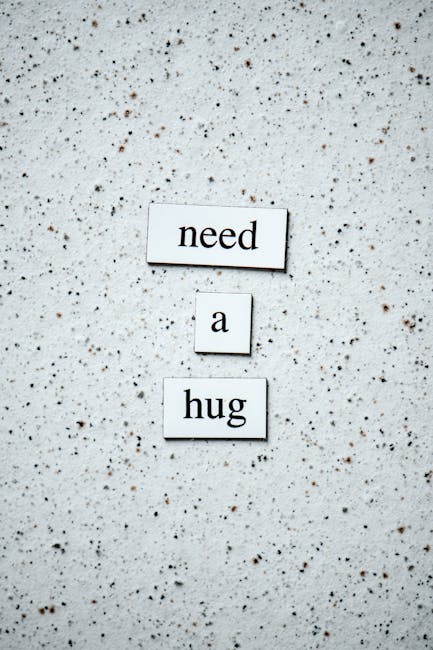
Psychotherapy for Social Anxiety Management
Cognitive-Behavioral Therapy (CBT)
Understanding anxiety-inducing thought patterns
Cognitive-Behavioral Therapy (CBT) is a type of psychotherapy that helps individuals understand and change thought patterns that lead to harmful behaviors or distressing feelings. In the context of social anxiety, CBT can help individuals identify and challenge anxiety-inducing thoughts.
Developing coping strategies
CBT also involves developing coping strategies to manage anxiety. These strategies can include relaxation techniques, exposure therapy, and cognitive restructuring, among others.
Effectiveness of CBT
Long-term benefits for social anxiety sufferers
CBT has been shown to have long-term benefits for individuals suffering from social anxiety. It can help reduce anxiety symptoms, improve social skills, and enhance quality of life.
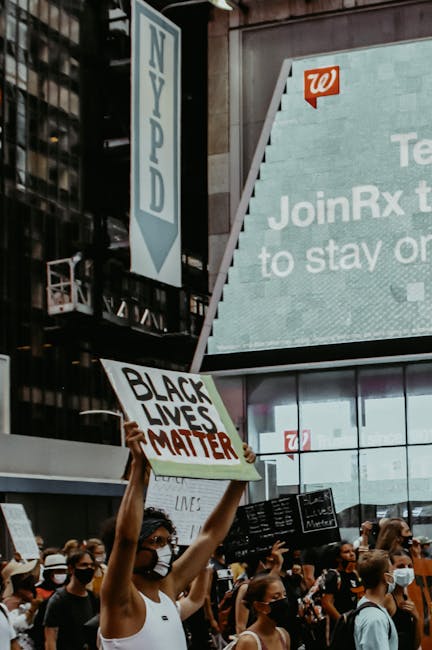
The Role of Support Groups
Sharing Experiences and Coping Strategies
Learning from others’ experiences
Support groups provide a platform for individuals with social anxiety to share their experiences and coping strategies. This can provide valuable insights and practical advice for managing social anxiety.
Gaining practical advice
In addition to learning from others’ experiences, support groups also offer an opportunity to gain practical advice and tips for managing social anxiety. This can include strategies for dealing with anxiety-inducing situations, techniques for relaxation, and advice on maintaining mental well-being.
Therapeutic Benefits of Community
Reduction of feelings of isolation
Being part of a support group can help reduce feelings of isolation often associated with social anxiety. It provides a sense of community and belonging, which can be therapeutic in itself.
Enhancement of social skills
Support groups also provide an opportunity to enhance social skills. Regular interaction with others can help improve communication skills, increase self-confidence, and reduce anxiety in social situations.
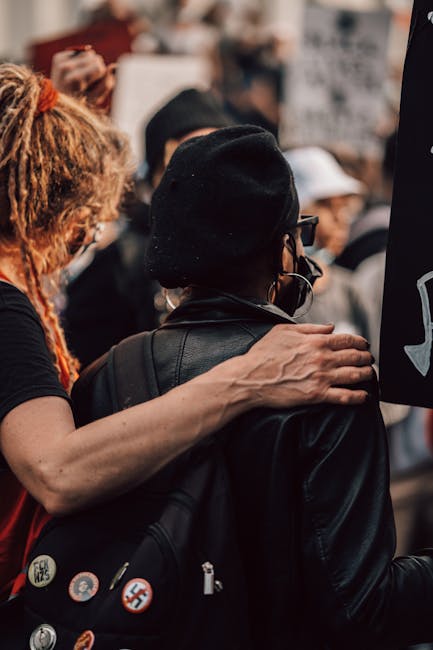
Importance of Social Support
Emotional Comfort from Friends and Family
Providing reassurance and understanding
Friends and family can provide emotional comfort and reassurance, which can be particularly beneficial for individuals with social anxiety. They can offer understanding and empathy, helping to alleviate feelings of anxiety.
Offering practical help in social situations
Friends and family can also offer practical help in social situations. This can include accompanying the individual to social events, providing reassurance during anxiety-inducing situations, and offering support in managing anxiety symptoms.
Peer Support
Building confidence through peer interactions
Peer support can be particularly beneficial for individuals with social anxiety. Interacting with peers who have experienced similar challenges can help build confidence and reduce feelings of isolation.
Learning from peers who have overcome similar challenges
Peers who have overcome similar challenges can provide valuable insights and advice. They can share their experiences and coping strategies, providing practical advice and encouragement.
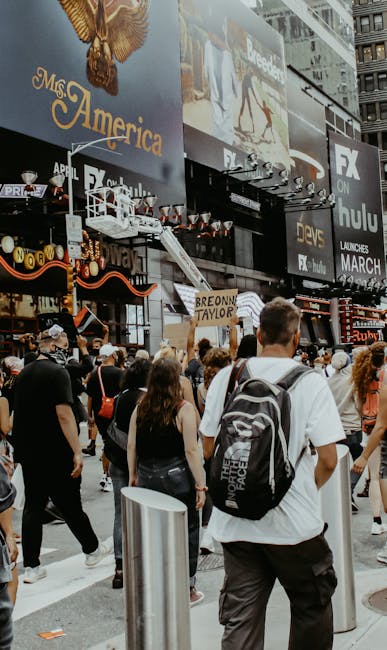
Complementary and Alternative Treatments
Meditation and Yoga
Techniques for stress reduction
Meditation and yoga are effective techniques for stress reduction. They promote relaxation, improve mental clarity, and can help manage anxiety symptoms.
Benefits for mental and physical health
In addition to reducing anxiety, meditation and yoga also have numerous benefits for mental and physical health. They can improve flexibility, enhance concentration, and promote overall well-being.
Acupuncture
How it can help reduce anxiety symptoms
Acupuncture, a traditional Chinese medicine practice, can help reduce anxiety symptoms. It involves the insertion of thin needles into specific points on the body, which is believed to balance the body’s energy and promote relaxation.
Integration with other anxiety management strategies
Acupuncture can be integrated with other anxiety management strategies, such as psychotherapy and exercise, to enhance its effectiveness.
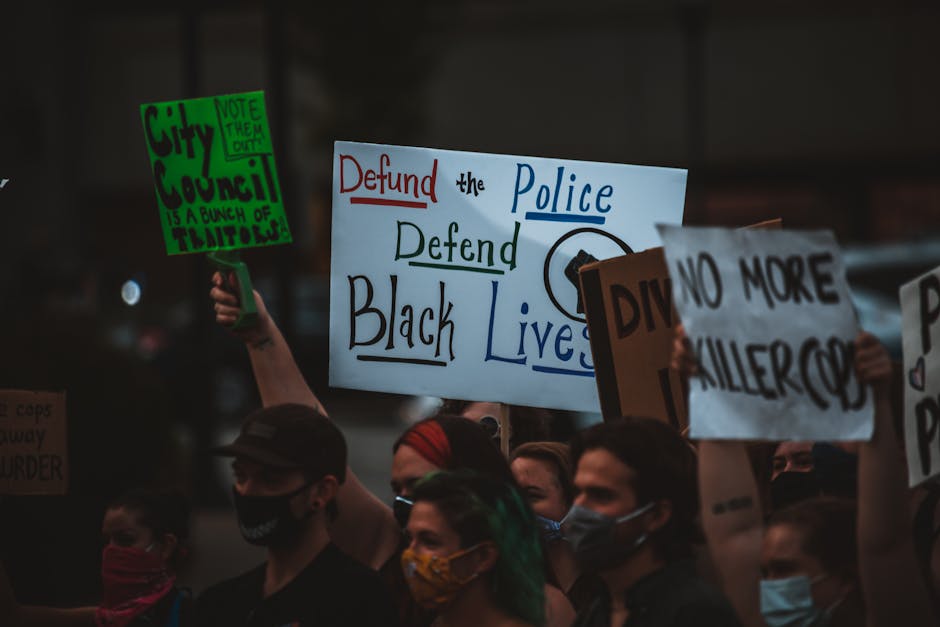
Emerging Treatments and Techniques
Transcranial Magnetic Stimulation (TMS)
Overview of the procedure
Transcranial Magnetic Stimulation (TMS) is a non-invasive procedure that uses magnetic fields to stimulate nerve cells in the brain. It’s an emerging treatment for social anxiety and other mental health disorders.
Potential benefits for social anxiety disorder
TMS has shown promise in treating social anxiety disorder. It can help reduce anxiety symptoms and improve quality of life.
Stress Relief Techniques
Mindfulness and deep breathing exercises
Mindfulness and deep breathing exercises can help manage stress and reduce anxiety. They promote relaxation and can help individuals stay focused and calm in anxiety-inducing situations.
Progressive muscle relaxation
Progressive muscle relaxation is a technique that involves tensing and then relaxing each muscle group in the body. It promotes relaxation and can help manage anxiety symptoms.
Diet and Nutrition for Anxiety Management
Impact of Diet on Anxiety
Foods to avoid
Certain foods can exacerbate anxiety symptoms. These include caffeine, alcohol, and processed foods high in sugar and fat.
Foods that may help reduce anxiety
Certain foods can help reduce anxiety. These include foods rich in omega-3 fatty acids, such as salmon and flaxseeds, and foods high in magnesium, such as spinach and almonds.
Implementing Dietary Changes
Planning a balanced diet
Planning a balanced diet can help manage anxiety. This involves including a variety of nutrient-rich foods in the diet and limiting the intake of processed foods.
Consulting with nutrition experts
Consulting with nutrition experts can be beneficial in planning a balanced diet. They can provide personalized advice based on individual nutritional needs and health goals.

In conclusion, managing social anxiety without medication involves a multi-faceted approach that includes exercise, psychotherapy, support groups, social support, complementary and alternative treatments, emerging treatments, and diet and nutrition. These strategies can help individuals manage their anxiety symptoms and improve their overall mental well-being. For more information on managing social anxiety, check out our other articles on ways to manage social anxiety, relieving physical symptoms of anxiety, and promoting mental well-being to reduce anxiety.
Sources:
– Mayo Clinic
– Medical News Today
– National Institute of Mental Health
Gently Unraveling the Mysteries: Your FAQ Guide to Managing Social Anxiety Without Medication
What exactly is social anxiety, and how do I know if I have it?
Social anxiety is a common anxiety disorder characterized by intense fear or anxiety in social situations, where individuals fear being judged, embarrassed, or scrutinized by others. Signs that you might have social anxiety include excessive worry about social interactions, avoidance of social situations, physical symptoms of anxiety in social settings (like sweating, trembling, or nausea), and intense fear of being embarrassed or making mistakes in front of others.
Can social anxiety be effectively managed without medication?
Yes, social anxiety can be managed without medication through various strategies. These include cognitive-behavioral therapy (CBT), which helps individuals change negative thought patterns, exposure therapy, which gradually exposes individuals to social situations to reduce fear over time, and lifestyle changes such as regular exercise, adequate sleep, and mindfulness practices. Each person’s journey is unique, so it may take time to find the most effective combination of strategies.
What are some simple daily exercises I can do to reduce my social anxiety?
Simple daily exercises include deep breathing techniques to help manage moments of anxiety, practicing mindfulness to stay present and reduce worries about future social interactions, and engaging in regular physical activity to help reduce overall anxiety levels. Additionally, setting small, achievable social interaction goals can help build confidence in social settings gradually.
How can mindfulness meditation help with social anxiety?
Mindfulness meditation helps by focusing your attention on the present moment, which can reduce the tendency to worry about past social interactions or fear future ones. Regular mindfulness practice can decrease overall levels of anxiety, improve emotional regulation, and enhance self-awareness, making it easier to manage negative thoughts and feelings associated with social anxiety.
What role does diet play in managing social anxiety?
Diet can play a significant role in managing social anxiety. Consuming a balanced diet rich in fruits, vegetables, whole grains, and lean proteins can help regulate mood and reduce anxiety levels. Limiting caffeine and sugar intake is also recommended, as these can exacerbate anxiety symptoms. Staying hydrated and maintaining stable blood sugar levels through regular meals can also support overall mental health.
Can joining a support group help with social anxiety?
Joining a support group can be incredibly beneficial for individuals with social anxiety. It provides a safe and understanding environment where you can share experiences, learn from others who are facing similar challenges, and practice social skills in a non-judgmental setting. Support groups can also offer encouragement and tips for managing anxiety in social situations.
How important is sleep in managing social anxiety?
Sleep is crucial in managing social anxiety. Lack of sleep can exacerbate anxiety symptoms, impair emotional regulation, and increase feelings of stress and worry. Ensuring a regular sleep schedule, creating a relaxing bedtime routine, and minimizing screen time before bed can help improve sleep quality, which in turn can help reduce anxiety levels.
Are there any breathing techniques that are effective for social anxiety?
Yes, certain breathing techniques can be very effective for managing moments of acute social anxiety. Diaphragmatic breathing, or deep belly breathing, helps activate the body’s relaxation response, reducing the physical symptoms of anxiety. Practicing this technique regularly, or during moments of heightened anxiety, can help manage stress levels and promote a sense of calm.
What is exposure therapy, and how can it help with social anxiety?
Exposure therapy is a psychological treatment that involves gradually and systematically exposing you to the social situations you fear, in a controlled and manageable way. The goal is to desensitize you to the triggers of your anxiety over time, reducing avoidance behaviors and helping you develop coping skills. This therapy is often guided by a professional and tailored to your specific fears and goals.
Can creative activities like art or music help manage social anxiety?
Creative activities such as art, music, writing, or dance can be therapeutic for individuals with social anxiety. These activities offer a means of expression that doesn’t rely on verbal communication, which can be particularly liberating for those who struggle with social interactions. Engaging in creative pursuits can also reduce stress, improve mood, and boost self-esteem, contributing to overall anxiety management.



